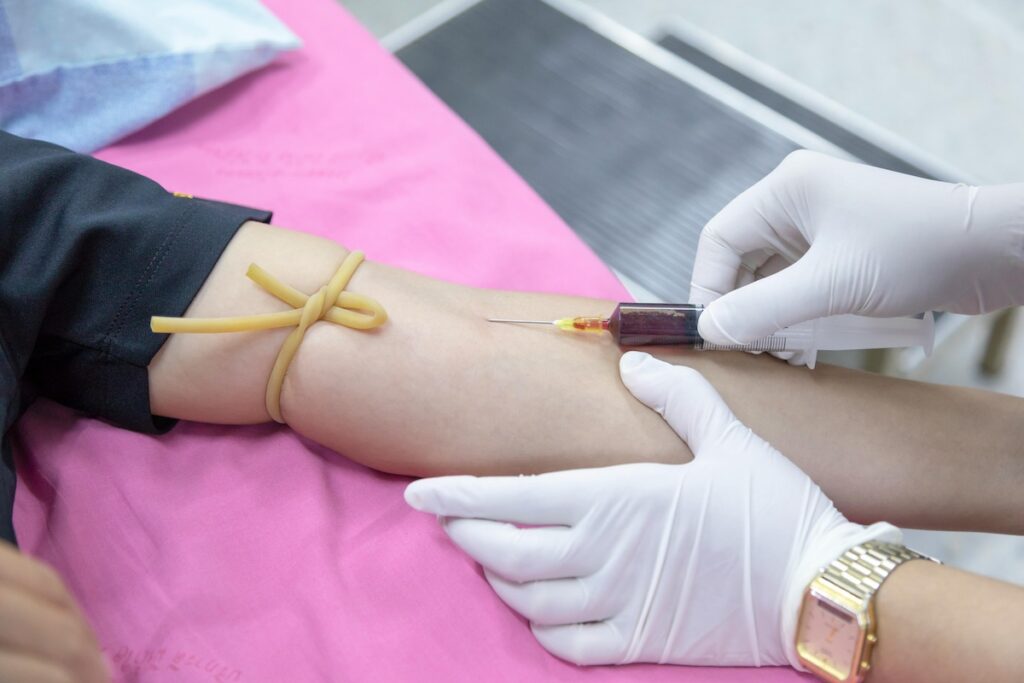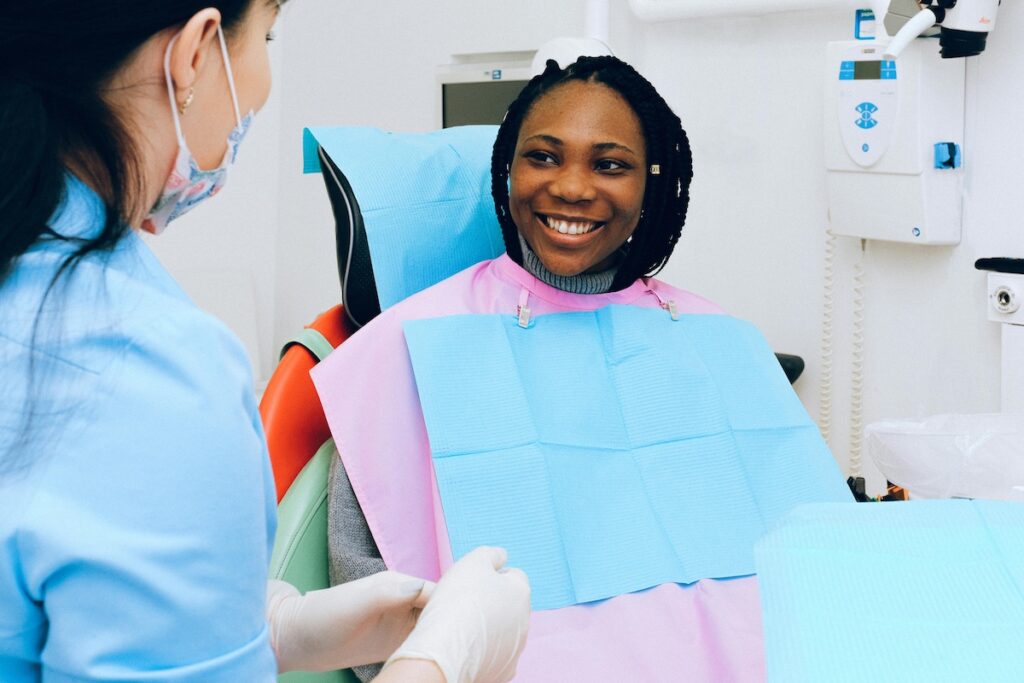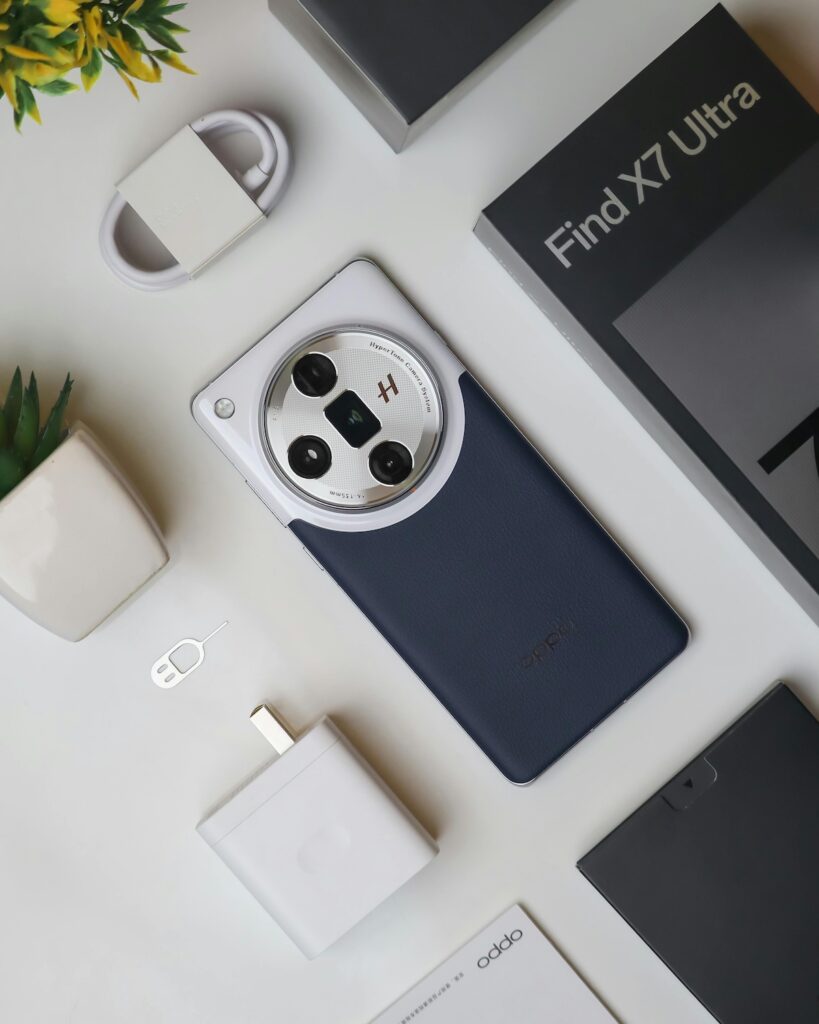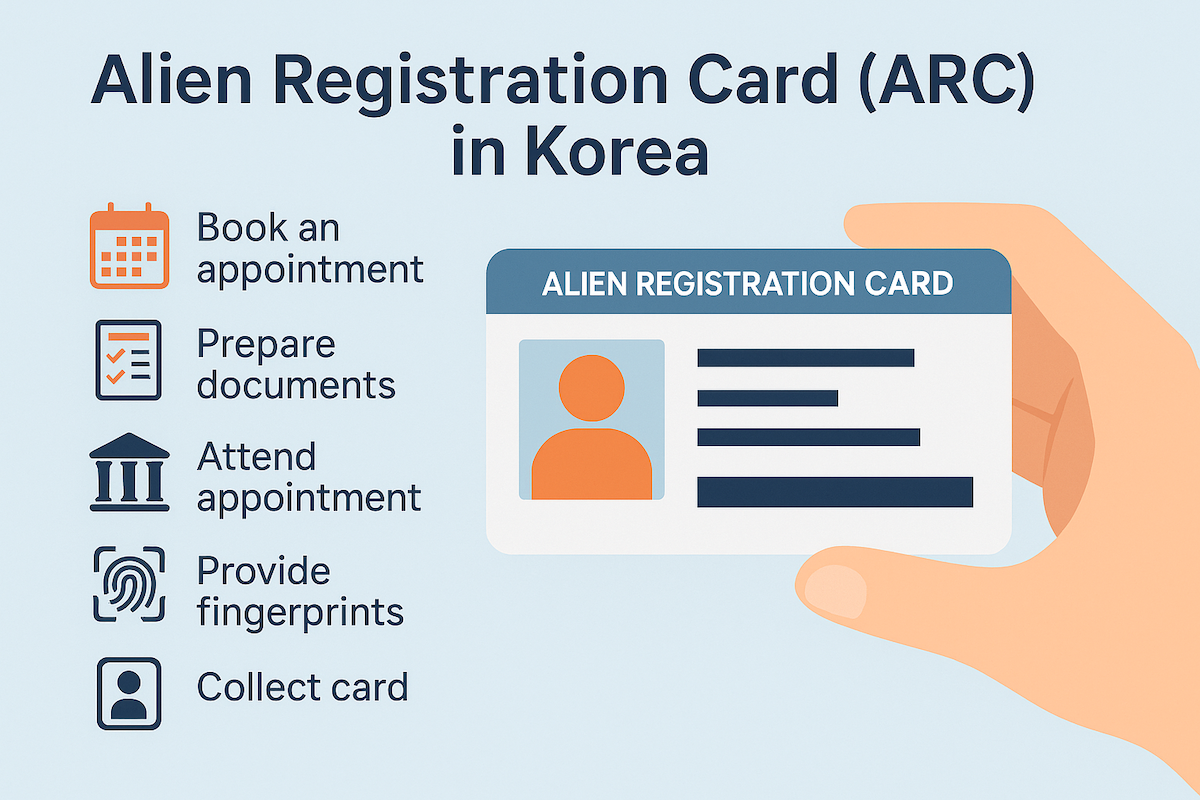If you’re a foreigner living, working, or traveling in South Korea, knowing how to respond to an emergency is critical.
Whether it’s a medical situation, fire, crime, or natural disaster — understanding the local emergency services system can save lives, including your own.
In this detailed 2025 guide, we’ll break down:
- How to call emergency services in Korea
- What happens when you call 119 or 112
- Emergency hospital access for foreigners
- Disaster alert systems
- English language support
- Emergency phrases in Korean
Let’s dive in — because preparation is peace of mind.
☎️ 1. Emergency Numbers in South Korea
| 🚒 Fire / Ambulance | 119 | Used for medical emergencies, fire, rescue |
| 👮 Police | 112 | Used for reporting crimes or suspicious behavior |
| 🚑 Medical Advice | 1339 | Korean CDC medical hotline (COVID-19, general health) |
| 🗣️ English Help | 1345 | Immigration and living support |
| 📲 120 Dasan Call Center | 120 | Local life help + translation (Seoul area) |
🔊 Most operators have access to real-time translation services, especially on 119 and 112 lines.
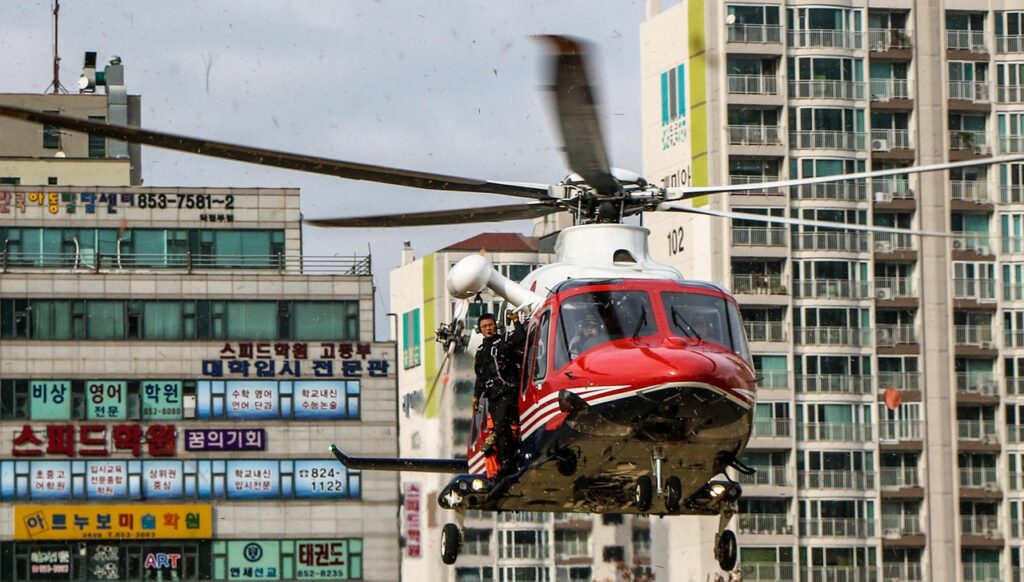
🚑 2. Calling 119: Medical or Fire Emergencies
119 is South Korea’s equivalent of 911 in the U.S. or 999 in the UK.
What happens when you call 119?
- An operator answers — most likely in Korean.
- Say “English, please” — they will connect you to a translator.
- Clearly state:
- What happened (accident, fire, medical issue)
- Where you are (use landmarks or addresses)
- Who is affected (number of people, severity)
Ambulances in Korea are free of charge for emergencies. You won’t be billed if you’re taken to a hospital unless you request transfer to a specific (private) hospital.
👮 3. Calling 112: Police Emergency
Use 112 to report:
- Assaults or harassment
- Theft or robbery
- Domestic violence
- Stalking or suspicious activity
- Lost items (in some cases)
Like 119, operators are trained to handle calls from foreigners with translation support.
📌 Tip: 112 does not handle medical emergencies — call 119 for ambulances.
🏥 4. What to Do in a Medical Emergency (As a Foreigner)
If you or someone else is seriously hurt or unwell:
- Call 119 for an ambulance.
- If you can go directly, head to a university hospital or general hospital (종합병원).
- Some hospitals have International Clinics with English-speaking doctors.
Top English-Friendly Hospitals in Seoul:
- Severance Hospital (Yonsei University)
- Asan Medical Center
- Samsung Medical Center
- Seoul National University Hospital
In cities like Busan, Daegu, Daejeon, and Jeju, similar facilities exist.
📱 5. Korea’s Disaster Alert System (Cell Broadcast)
You might have already received one:
“긴급재난문자” – Emergency Alert Texts on your phone.
These cell broadcast alerts are sent automatically by the government in cases of:
- Earthquakes
- Wildfires
- Floods or typhoons
- Chemical accidents
- COVID-19 or disease outbreaks
⚠️ Unfortunately, most alerts are in Korean only. Use Google Translate or the Emergency Ready App for translated info.
🌍 6. The Emergency Ready App (by MOIS)
Download the “Emergency Ready App” — a free app by the Korean government for foreigners.
Available Languages: English, Chinese, Vietnamese, Thai, Japanese, and more
Features:
- Real-time disaster alerts
- Location-based safety information
- Emergency contact info
- Shelter maps
- Safety tips and checklists
Where to get it: Google Play / App Store
📢 7. What If You Don’t Speak Korean?
Korea is well-prepared for foreign residents. If you’re in an emergency and don’t speak Korean:
- Say: “Help me, I don’t speak Korean”
- Use apps like Papago or Google Translate for quick communication
- Point to translated cards or saved messages on your phone
- If you’re in Seoul, call Dasan Call Center (120) for real-time help
In taxis, shops, or streets: Most younger Koreans know some English. Don’t hesitate to ask for help.
🏘️ 8. Emergency Shelters in Korea
In case of natural disasters like typhoons or earthquakes, Korea designates emergency shelters (대피소) in schools, gyms, and government buildings.
To locate a shelter:
- Use the Emergency Ready App
- Ask at your local gu-office (구청)
- Follow government text alerts
Shelters typically provide:
- Food and water
- Blankets or mats
- Medical assistance
- Temporary housing (in extreme cases)
🧠 9. Emergency Phrases to Remember (Korean-English)
| Help me! | 도와주세요! | Do-wa-ju-se-yo! |
| Call 119 | 119에 전화해주세요 | Il-il-gu-e jeon-hwa-hae-ju-se-yo |
| I need an ambulance | 구급차가 필요해요 | Gu-geup-cha-ga pi-ryo-hae-yo |
| I don’t speak Korean | 한국어 못 해요 | Han-guk-eo mot hae-yo |
| I’m hurt | 다쳤어요 | Da-chyeot-seo-yo |
| Fire! | 불이야! | Bul-i-ya! |
📌 Tip: Save these phrases as images on your phone or print a small card.
🧾 10. What to Do After an Emergency
Once you’re safe, it’s important to:
- File a police report (if applicable) — English help is available.
- Contact your embassy or consulate — they offer emergency services, including passport replacement or legal help.
- Notify your insurance provider if medical costs are involved.
- Save all receipts and documents from the hospital or police station.
✈️ Bonus: For Travelers
If you’re visiting Korea and encounter an emergency:
- Most hotels and guesthouses will assist you immediately.
- The KTO Tourist Hotline (1330) provides 24/7 support in multiple languages.
- Use Google Maps or KakaoMap to locate nearby police stations or hospitals.
Final Thoughts
Emergencies are never easy — especially in a foreign country — but Korea offers one of the most well-organized, responsive, and foreigner-friendly emergency services systems in Asia.
By knowing the numbers, downloading helpful apps, and understanding how the system works, you’ll feel safer and more empowered during your time in Korea.
Always stay aware, but don’t worry — help is only a phone call away.

